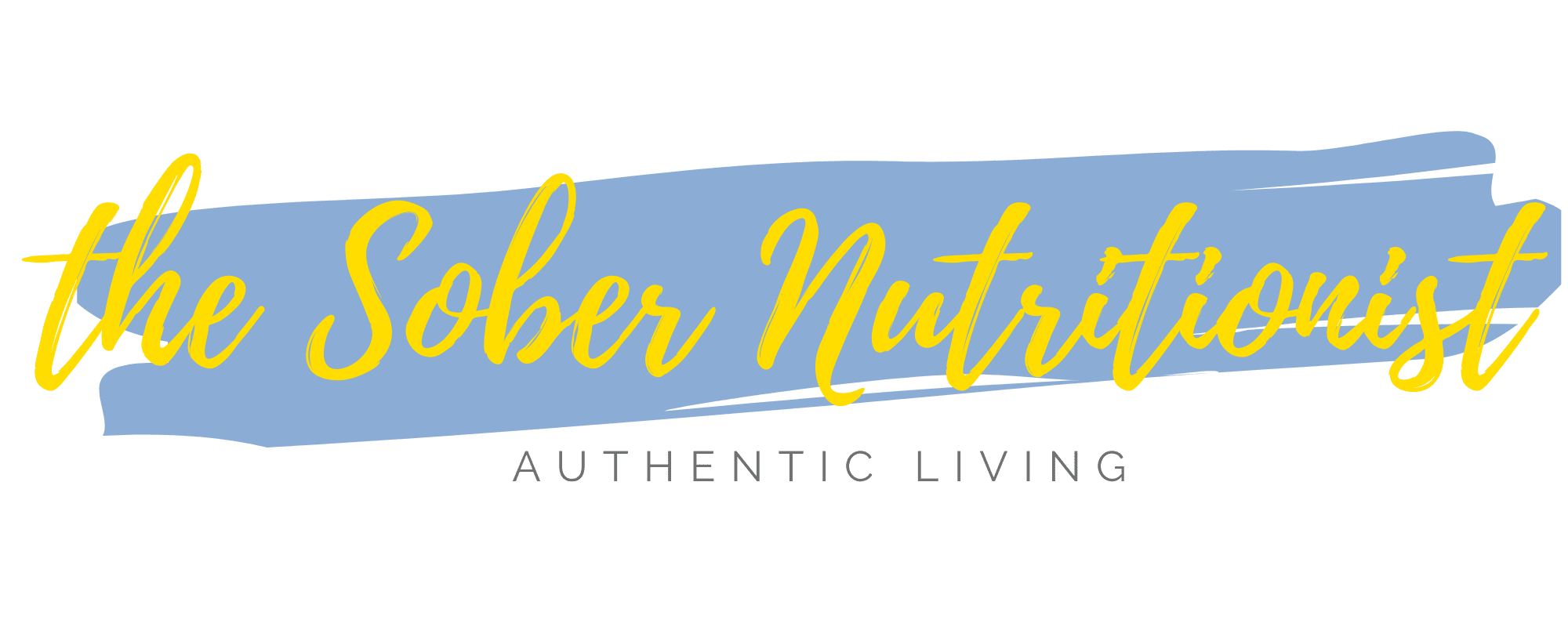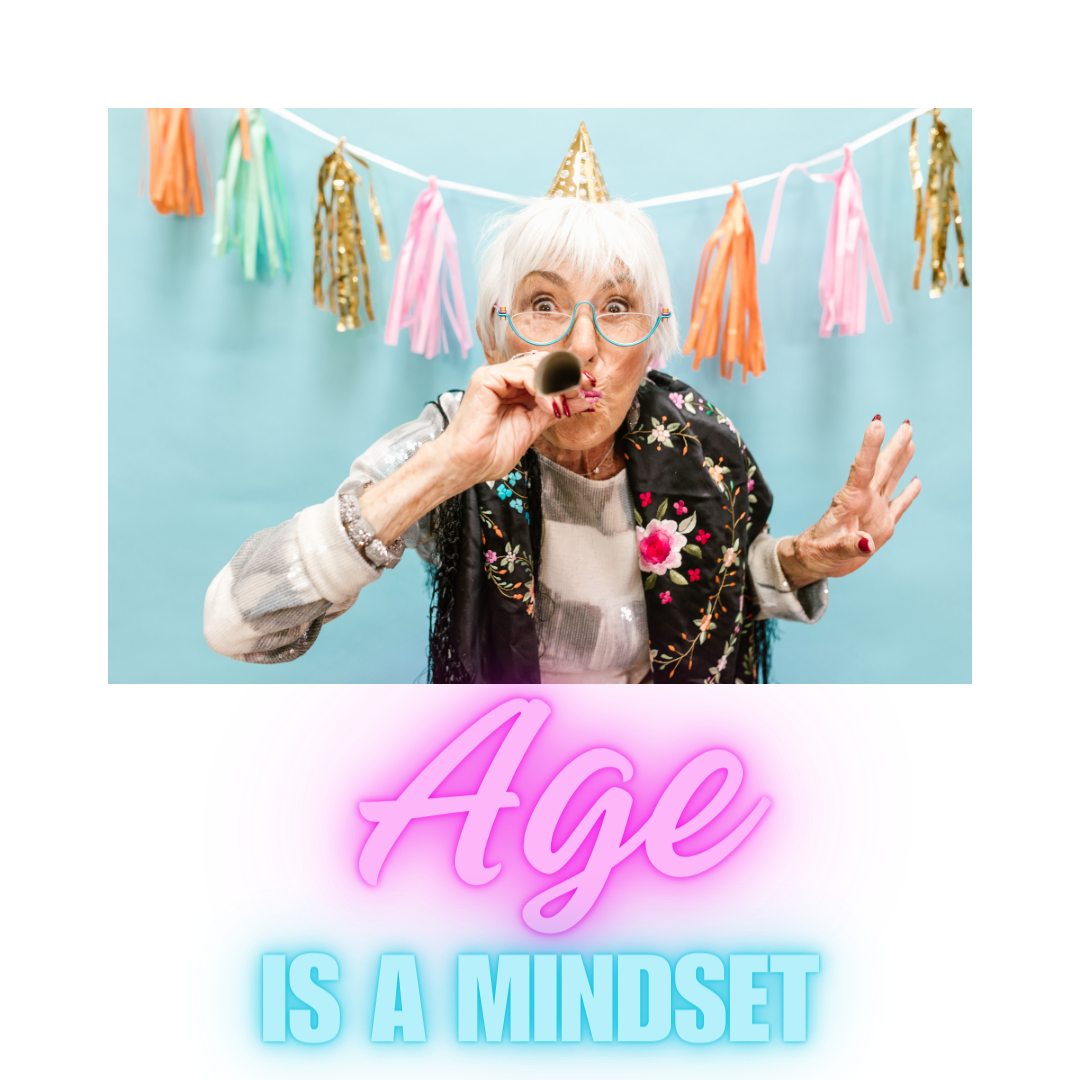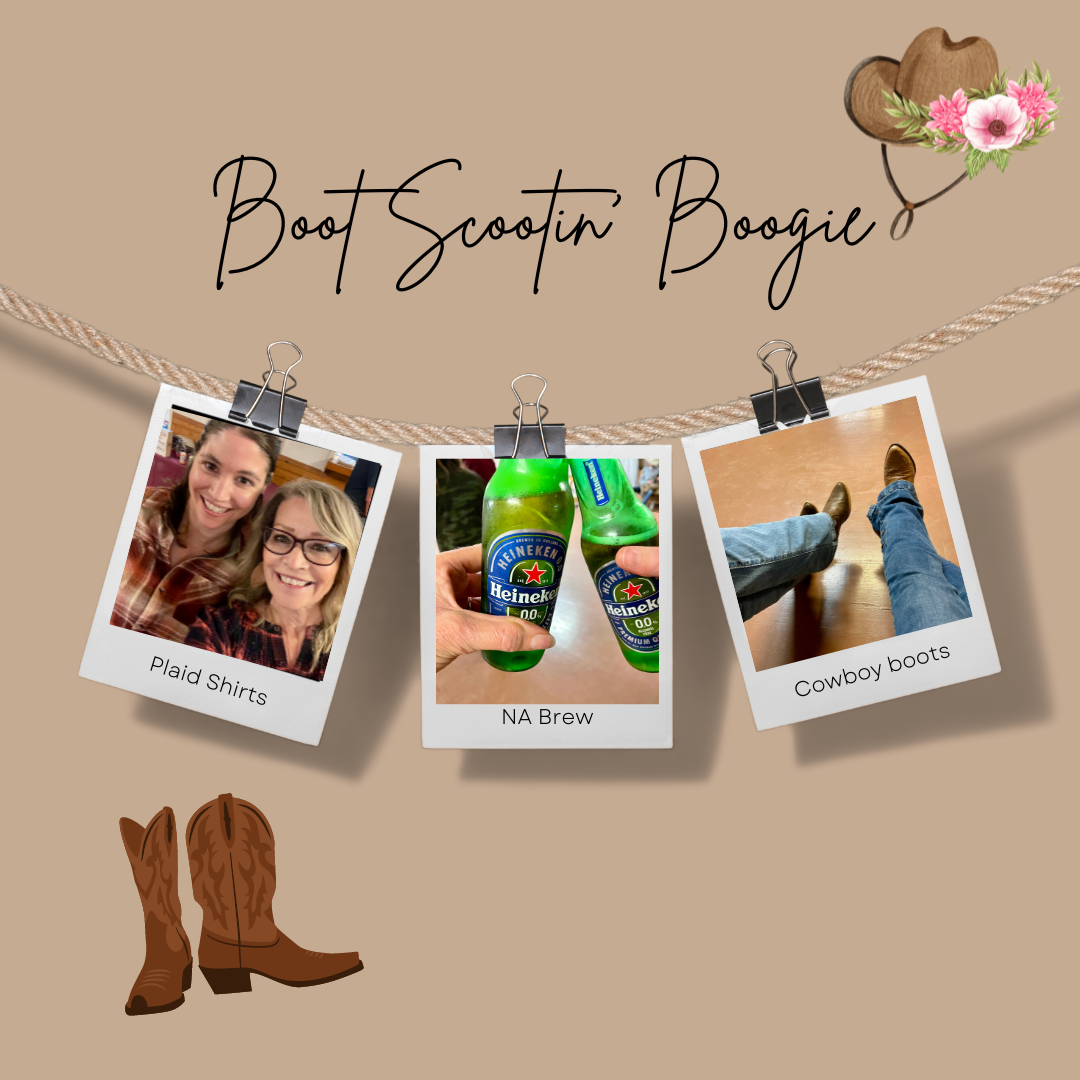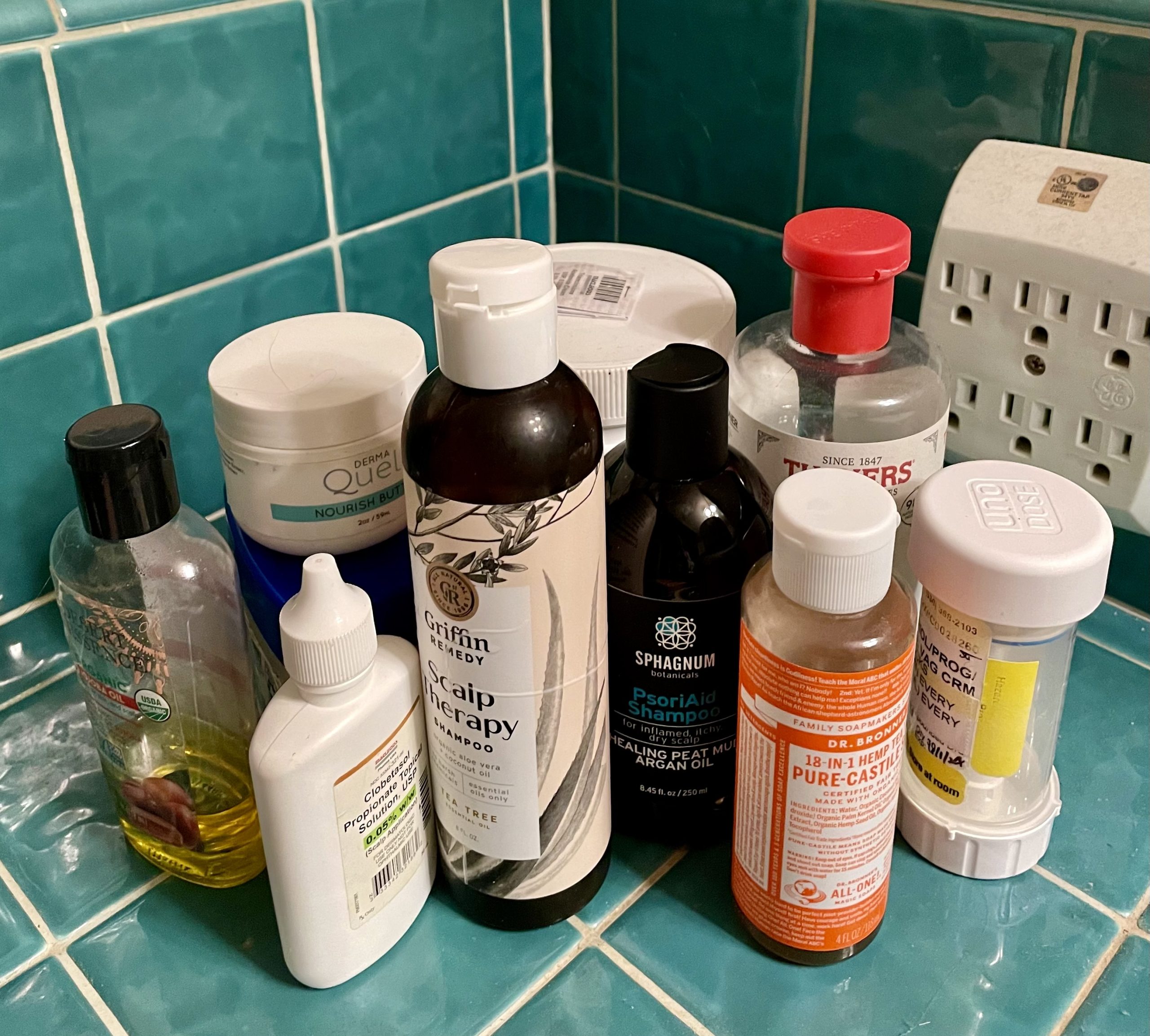On October 18, 2020, I celebrated 5 years alcohol-free. Becoming AF(alcohol-free) was a lengthy process that started years before I actually put down the cocktail glass. I struggled for a long time to figure out how I could create a different kind of life.
Now, I can tell you it was the best decision I have ever made. In the last 5 years, I have learned so much about the drinking culture, the new movement of mindful drinking, and how to navigate my entire life sober. I have also become a sober life coach and I have had the opportunity to coach and to watch thousands of people discover how to move forward on this journey.
This ‘mindful drinking’ movement is new; there aren’t any rules. It’s not like AA where we know people say “Hi, I’m Teri and I’m an alcoholic”. And then they go to meetings, sometimes every day, and they rack up days sober and they earn chips. The new way to take a break from drinking looks very different. It might look like taking an extended break. It might mean working with an alcohol-free coach to learn what we are trying to escape from. It might be reading a book and discovering that you don’t want to put poison in your body anymore. It might be joining a group of sober moms, or embracing Sober October and Dry January.
Without rules, it’s helpful to have a guide, someone to show you the lay of the land. In the spirit of being that guide, I share with you my 6 Principles to living your best sober life:
1. Embrace Curiosity
One of the most empowering things I have learned from this sober path is curiosity. At the beginning of my journey, I had so much fear surrounding the unknown. I didn’t know what it would be like to go to a wedding and not drink or go on vacation where everyone started drinking mimosas first thing in the morning. By changing my mindset from fear to curiosity, I was able to navigate these first few events by wondering what would happen and bringing awareness to the situation. Would I feel left out? Would I feel smug? What would I drink instead of mimosas? Would I want to dance at the wedding? It was a feeling of curiosity rather than resistance and it brought a sense of empowerment to my life. Now I was in control rather than letting the circumstance control me. If you are early in your exploration I invite you to lean into this concept and experience the difference.
2. The Big Domino
Perhaps you have heard of alcohol referred to as ‘the big domino’. The concept refers to the phenomenon that happens when one domino topples and knocks down all the other dominoes. With choosing an AF life, this was certainly true for me. I started my exploration from a place of fear and doubt and I gradually started to trust myself again. My mind became more clear and I was able to regulate my emotions better without the constant chemicals creating anxiety and withdrawal symptoms. As I became more clear, I begin to look at my whole life. I suddenly had hours of free time, time that wasn’t impaired by thinking about drinking, drinking, and recovering from drinking! I began to trust myself again and to be able to tap into that still small voice that asked ‘what do you want to do with this one precious life?’. For me, I choose to go back to school and become a Functional Nutritionist. I then began sharing with my clients how to explore living an AF life which led me to the work of This Naked Mind and to becoming a This Naked Mind certified life coach. That’s a lot of dominoes! In your own life, what will you tackle next after alcohol becomes small and irrelevant? I have witnessed people change careers, move across the world, write a book, and start their own business. What’s next for you?
3. Sober Social Behavior
I truly believe that sobriety is its own best advertisement. People see you feeling good and looking good and they start to wonder what the heck is going on. It’s very tempting at this point to jump on your soapbox and start the preachin’. People don’t usually respond kindly to a sober zealot. This is because most people have a complicated relationship with alcohol. When someone close to us stops drinking or decides to take a break, it often puts a spotlight on our drinking. This can be uncomfortable for both parties. I have found it is best to tread lightly and lead with grace and compassion. Thinking back to when you were still drinking can be a helpful place to return to in these situations. Living your best life is a way better billboard than a lecture about ethanol poison!
4. Life Gets Easier
When I made the choice to stop drinking I thought it would make life hard. After all, I was going against the societal norm and I was doing something way outside my comfort zone. Actually, giving up booze made my life much easier. Having a clear head and remembering conversations meant I no longer had to try and recreate events. No hangovers meant I could bounce out of bed and accomplish loads of laundry and clean the entire house before the family woke up! Arranging rides for the kids or figuring out who would be the designated driver – easy peasy! Don’t misunderstand, life is still hard and bad things happen (pandemic, job loss, canceled vacations). What I have noticed though, is that we can handle all of life’s calamities with more grit.
5. Relationships Change
In the beginning, we wonder if we have to give up all of our old friends. After all, won’t they pressure us to drink? Maybe our friends won’t want to hang out with us after we stop drinking; maybe we will be boring, maybe they will be boring. The answers are maybe, maybe, and maybe. The reality is that our relationships do change when we stop drinking. But, relationships are changing all the time. Perhaps you are good friends with the neighborhood couples and then you move. Or you hang out with your coworkers at lunch – until you take a job across town. Outgrowing friendships is a normal part of life. When you stop drinking your activities will probably change. Sure, you may still meet people at the brewery occasionally but you probably won’t host the annual trick and drink for Halloween anymore. Some friends have a hard time when we put down the booze and they may mourn the loss of their drinking buddy. This is an opportunity to remind them why you became friends in the first place (outdoor volleyball teammates? besties since 5th grade?). As long as you follow principle #3, your true friends will stick around. After all, who doesn’t want to be friends with a permanent D.D.?
6. Feelings Are Okay
Alcohol is an anesthesia. This means when we are drinking we are literally ‘numbing out’. We may think this is a good thing, in fact, people often drink to numb uncomfortable feelings – loneliness, grief, pain. But, alcohol also numbs all the good feelings – joy, happiness, pleasure. Drinking turns everything the same shade of gray. When we stop drinking, or take a break for a few days or a few weeks these feelings start to reemerge. And, this can feel uncomfortable, after all we are not used to feeling these intense emotions. So, when we start to feel ‘emotional/ we might think we are doing something wrong. I remember feeling so ‘angsty’ with lots of ups and downs. This is normal – these feelings are part of being human and I had been turning down the volume of my feelings for so many years that I had to get used to the intensity. So, I spent sometime feeling angry – but I also felt more joy and excitement than I had in decades! My own experience and the experience of others has taught me that the longer we are alcohol-free, the more our emotions even out, and the richer the colors of life.
So, now you have a short primer on how to navigate life without drinking. Whether you are exploring ‘taking a break’, moderating, or firmly in the abstinent camp, I hope these principles will help you to feel excited and empowered about looking at life through a sober lens!




